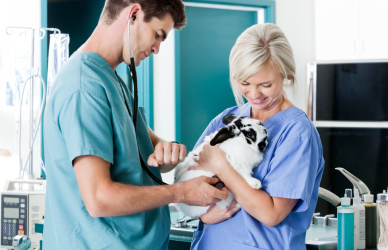If you keep losing new graduates, you’ll want to read this. It’s all too common for recent grads to burn out and disappear from the practice or from the profession, right after you’ve invested time and effort in training them. This is not just a waste of your resources–it’s a waste of a young person’s hopes and talents. Here’s how to make sure your newest vet feels supported and wants to stay.
Induction
All new grads are different: some will arrive terrified, others will be dangerously convinced they know everything. Don’t assume that what worked for your last new grad will work for them. Talk to them and ask them what kind of support they’d like.
For example, let’s say they’re about to spay their first kitten. Would they like a more experienced vet scrubbed in, watching, or just on hand if needed? Keep checking in with them as they gain more experience, because their support needs will change over time.
Get them assimilated into the team by placing them with each of the different practice teams for a few days. For example, a bit of time in reception will make it easier for them to understand both the computer system and the challenges the receptionists face. This will help them develop into a team player.
Give them an induction folder with key information, for example:
- Neutering guidelines
- Flea and worm protocol
- Vaccination protocol
- ‘How to’: create estimates, charge, etc.
Most importantly, add a welcome note that explains the practice’s values and ethos.
Early Days
Once again, it’ll depend on your new grad (and your practice), but you can try some of these ideas to help them settle in:
- Book double appointments so they can take their time.
- Always put a more experienced vet on the rota with them, including when they’re on call.
- Put them on the rota as a second consult vet so they can share consults (assuming you have a spare consult room!)
- Alternatively, pair them up with a nurse or nursing assistant for consults.
- Create vaccination clinics for them to practise giving shots (this will also free up more experienced vets for other work).
- Block out breaks every day for them to catch up and ask questions.
Again, look to them and their needs to set the pace for phasing these measures out.
Mentoring
In the UK, the Royal College will only allow you to hire new grads if you’re an Approved Graduate Development Practice. This includes providing a Veterinary Graduate Development Program (VetGDP) Advisor, who must have been on the UK practising register for at least 3 years and completed the online training, which usually takes about a year. The advisor must spend at least an hour with the new grad each week.
As well as weekly catch-ups, give the new grad longer 1:1s once a month to review their progress and support needs. Block these out as protected time and make sure you use them to give specific, helpful feedback. Mentoring should include things that aren’t taught in vet school, such as teamwork, client communication, financial management, and crucially, mental health.
Remember new grads also have useful information to share–they’re the ones with the most up-to-date knowledge! Most will be eager to share what they know, and making use of it will make them feel like a valued member of your team.
Onboarding a new grad does take time and patience, but it can be incredibly rewarding both professionally and personally. Get in touch with us today for expert, tailored advice on how to make the most of this special opportunity.








